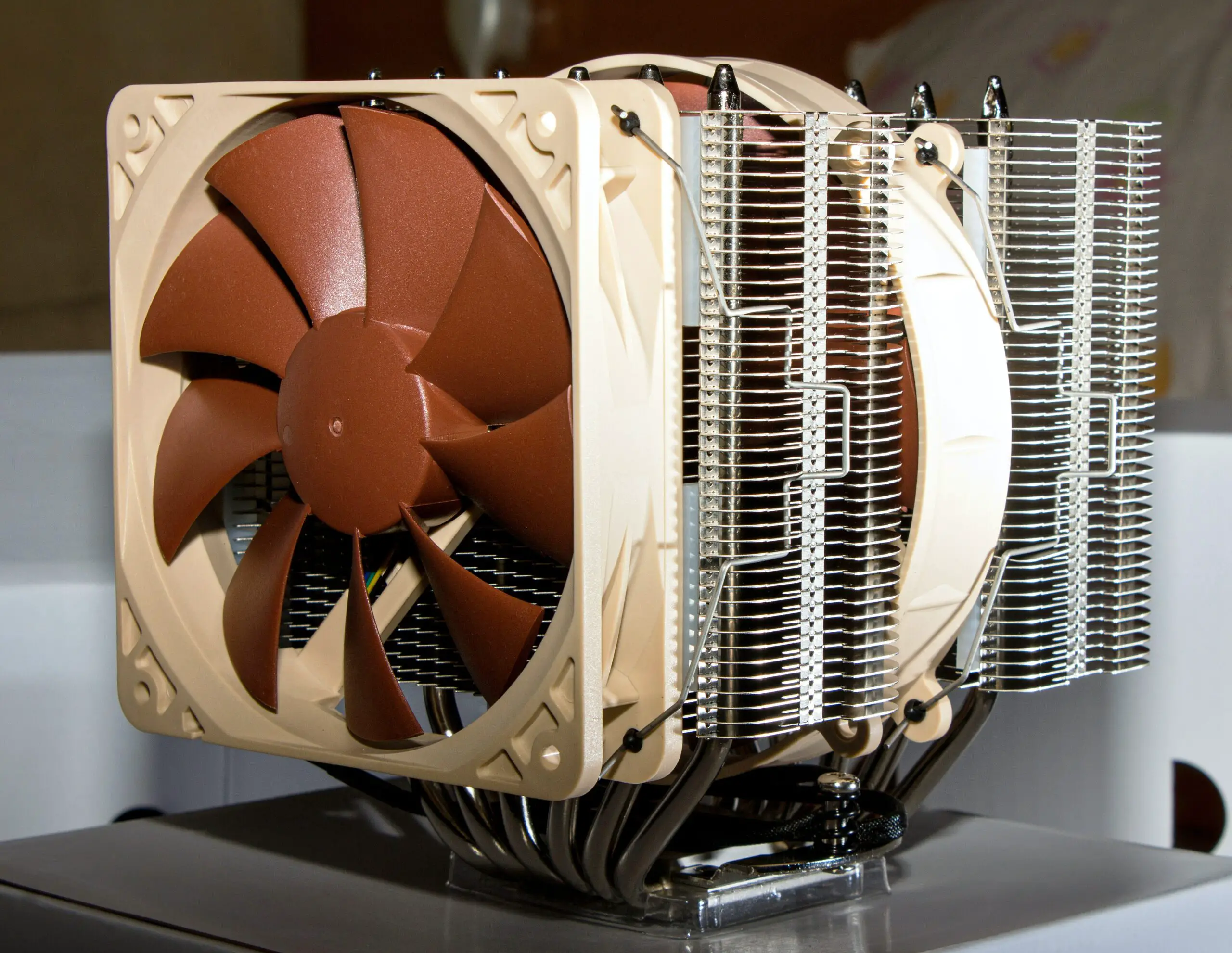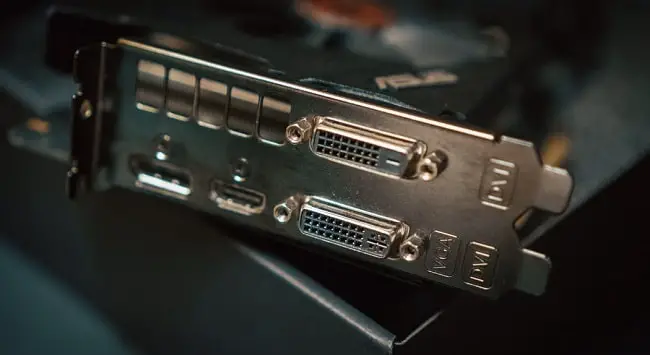When it comes to keeping your computer’s CPU cool, there is no one-size-fits-all answer. Different CPUs require different types of cooling mechanisms, and the type of cooler that is installed on your CPU will depend on the make and model of your computer. Here, we will walk you through a few steps that will help you determine which cooler is installed on your CPU!
What is CPU Cooler?

A CPU cooler is a device that helps to regulate the temperature of your computer’s CPU. The CPU, or central processing unit, is responsible for executing all of the instructions that make your computer run. It is one of the most important components in your computer, and it needs to be kept cool in order to function properly.
What types of CPU coolers are there?
There are a few different types of CPU coolers, and we will go over them briefly below.
Air Cooler
An air cooler uses fans to circulate air around the CPU and help dissipate heat. Air coolers are typically quieter than other types of coolers and they are easy to install. However, they are not as effective at cooling as some other types of coolers.
Liquid Cooler
A liquid cooler uses a combination of water and fans to cool the CPU. Liquid coolers are more effective at cooling than air coolers, but they can be more expensive and difficult to install.
Thermal Paste
Thermal paste is a substance that helps to fill any gaps between the CPU and the cooler. This helps to conduct heat away from the CPU and into the cooler more effectively.
What CPU cooler do i have?

Now that you know a little bit about different types of CPU coolers, let’s talk about how you can determine which type of cooler is installed on your own CPU.
Internet research
The first thing you will need to do is identify the make and model of your computer’s CPU. You can usually find this information in the documentation that came with your computer or by doing a quick search online.
Once you know the make and model of your CPU, you can consult your computer’s manual to see what type of cooler is recommended. Alternately, you can search for your CPU online and look for user reviews to see what type of cooler other people are using.
Physical research
First, disconnect your computer from the power supply and open up the case. Locate the CPU and find the model number, which is usually printed on the chip itself. Once you know the model number, you can look up what type of cooler is recommended for that particular CPU.
If there is no model number or if you can’t find any documentation for your CPU, you can try to physically identify the type of cooler that is installed. Air coolers will have one or more fans attached to them, while liquid coolers will have tubing and a radiator. If you are unsure, take a picture of the cooler and consult a professional before proceeding.
Once you have determined which type of cooler is installed on your CPU, you can begin researching how to best keep it cool. As we mentioned above, different CPUs require different types of cooling mechanisms. There is no one-size-fits-all solution when it comes to cooling your CPU, but by following the steps in this blog post, you should be able to find a solution that works for you! Thanks for reading.
What is the best type of CPU cooling?
The best type of CPU cooling will vary depending on the make and model of your CPU. In general, air coolers are less effective than liquid coolers, but they are easier to install and typically quieter. Thermal paste can help to improve the efficiency of both air and liquid coolers.
If you are unsure about what type of cooler is best for your CPU, consult your computer’s manual or search for user reviews online.
Are there processors without any type of cooling?

Yes, there are processors without any type of cooling, but they are not recommended for use in computers. These types of processors can overheat very easily and can cause damage to your computer. If you are using a processor without any type of cooling, we recommend that you research how to properly cool it before proceeding.
Lastly
In conclusion, it is important to know which type of cooler is installed on your CPU. Different CPUs require different types of cooling mechanisms. There is no one-size-fits-all solution when it comes to cooling your CPU, but by following the steps in this blog post, you should be able to find a solution that works for you!






